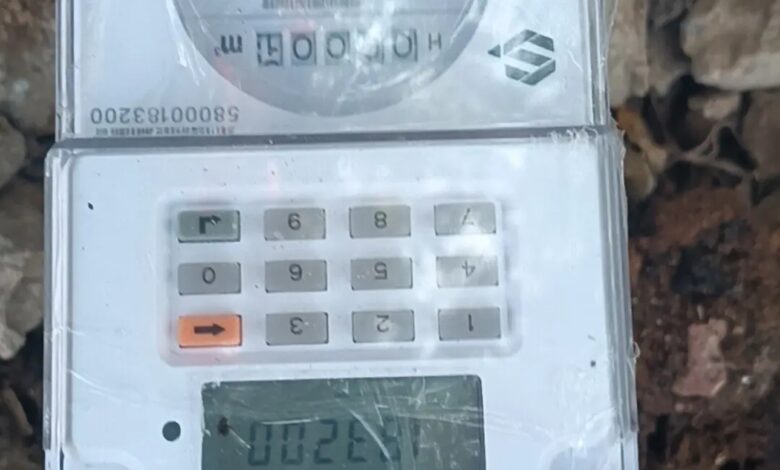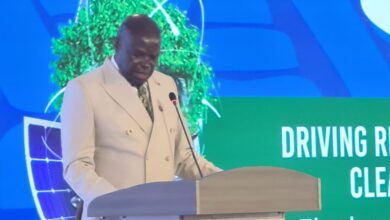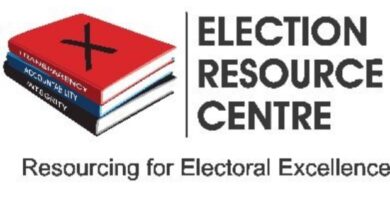Victoria Falls Rolls Out Prepaid Water Meter Pilot Project.

Jonathan “Jvan” Sibanda
The City of Victoria Falls has commenced the installation of pre-paid water meters in residential and commercial properties as part of a pilot project aimed at enhancing the quality and reliability of water services.
The initiative,being implemented by the Victoria Falls City Council (VFCC) in partnership with local contractor Bhungane Investments, marks a significant step towards modernizing water provision and boosting customer satisfaction.
Bhungane Investments developed custom software specifically tailored for the meters and the local authority’s operational needs, ensuring seamless integration and management.
“The City of Victoria Falls has started installing pre-paid water meters to residential and business properties in the City, as it rolls out the pilot project to ensure quality and reliable water services,” a FB post by the VFCC confirmed.
Speaking on the rollout, VFCC said, “Upon installation, residential and commercial properties are credited with five cubic litres of water. After this, users will be required to purchase tokens to top up their water supply.”
According to VFCC, the primary objective of the pre-paid water meter project is to ensure that service delivery is “top notch” and aligns with the goals of achieving high customer satisfaction and quality service delivery.
The pilot phase will be closely monitored to assess the system’s performance, efficiency, and public reception. Upon successful completion and evaluation of the trial, the City Council intends to roll out the full exercise across the entire municipality.
This move is expected to not only improve revenue collection for the council but also encourage water conservation among residents and businesses, ultimately leading to a more efficient and sustainable water management system for Victoria Falls.




